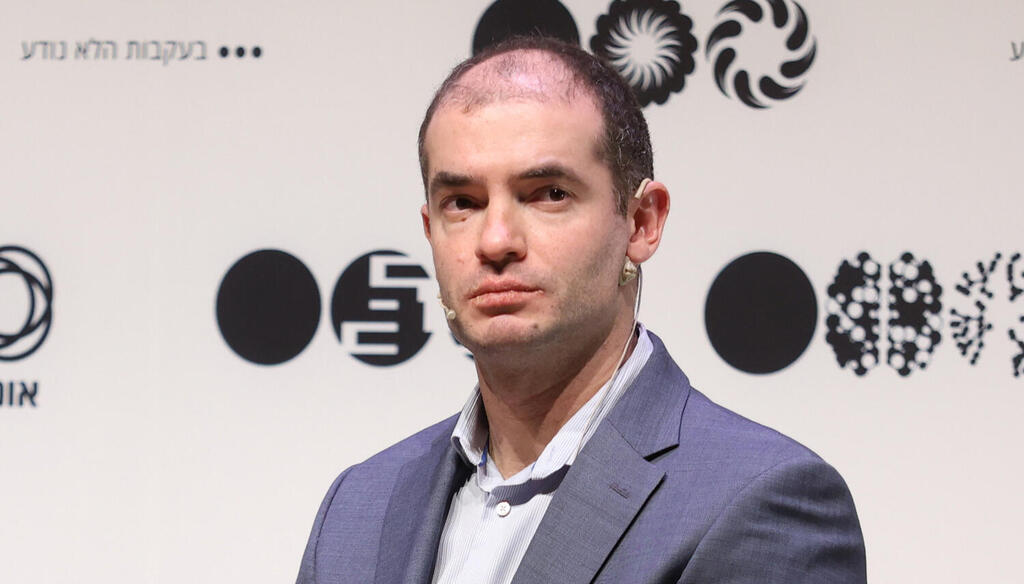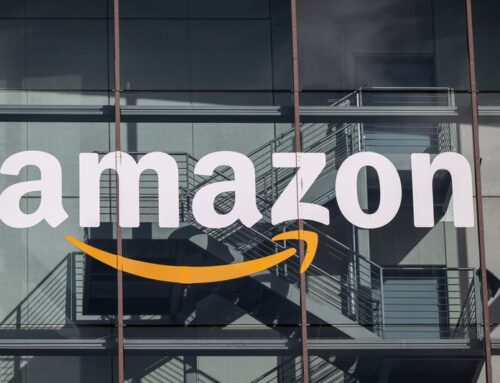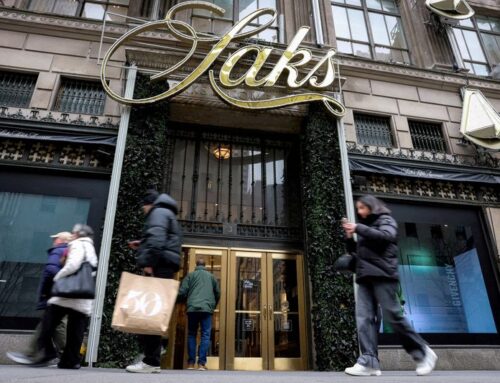Ilya Sutskever rejected Meta’s bid for his $32B startup, so Zuckerberg is hiring his
June 20, 2025
In the escalating arms race for artificial general intelligence (AGI), few moves have been as brazen, or as revealing, as Meta’s failed attempt to acquire Safe Superintelligence (SSI), the secretive $32 billion startup co-founded by former OpenAI chief scientist Ilya Sutskever. The social media giant made a serious bid for the one-year-old company earlier this year, according to CNBC, but was rebuffed by Sutskever. Now, Meta is taking a different route: acquiring the people instead of the company.
Meta has successfully hired SSI co-founder Daniel Gross and former GitHub CEO Nat Friedman – who together also run the influential venture fund NFDG – as part of CEO Mark Zuckerberg’s escalating push into superintelligence. The two will report to Alexandr Wang, the Scale AI founder who joined Meta last week as part of a $14.3 billion deal that gave the company a 49% stake in Scale. According to sources, Meta will also acquire a stake in NFDG, one of Silicon Valley’s most coveted early-stage AI funds.
The aggressive maneuvering underscores just how far Zuckerberg is now willing to go to secure top-tier AI talent, and how central superintelligence has become to Meta’s future.
Founded just a year ago, Safe Superintelligence has quickly become one of the most hyped and mysterious names in AI. The company has no public product, no demos, and only around two dozen employees. Yet it raised $2 billion in April at a $32 billion valuation, following an earlier $1 billion round last September. Its mission, reportedly, is to develop a safe and aligned superintelligent AI system, an explicit contrast to OpenAI’s increasingly commercial direction.
With backing from Google, Nvidia, and top venture firms like Andreessen Horowitz and DST Global, SSI is also a rare example of a startup that counts both chip giants among its backers. It’s reportedly one of Google Cloud’s largest customers for TPUs outside of Google itself, and it has quietly expanded its presence to Tel Aviv, hiring local academic talent while keeping a tight lid on operations.
Related articles:
Given the company’s sky-high valuation, deep-pocketed backers, and philosophical vision, Meta’s failed acquisition attempt speaks volumes. The refusal wasn’t just about price, it was about independence. In a landscape dominated by corporate influence, Sutskever and his team appear determined to remain autonomous.
After SSI rejected Meta’s overtures, Zuckerberg shifted tactics, luring away the people who helped build it.
Daniel Gross, once Apple’s AI lead, has long straddled the worlds of research, entrepreneurship, and investing. His co-founder at NFDG, Nat Friedman, was Microsoft’s choice to lead GitHub after its acquisition.
Search
RECENT PRESS RELEASES
Related Post




